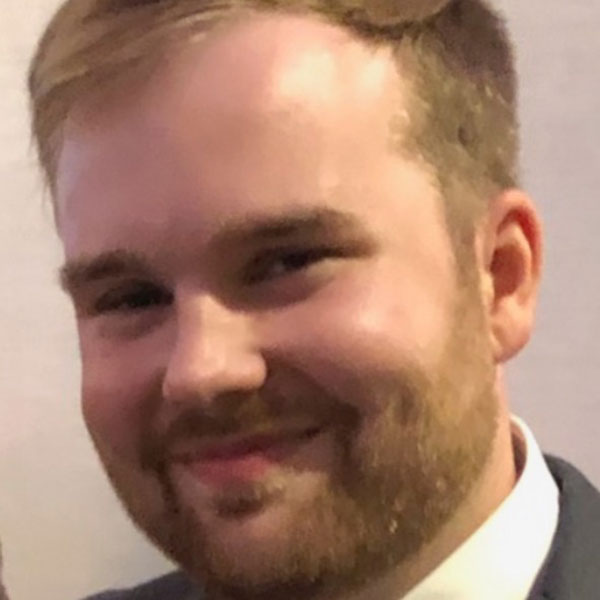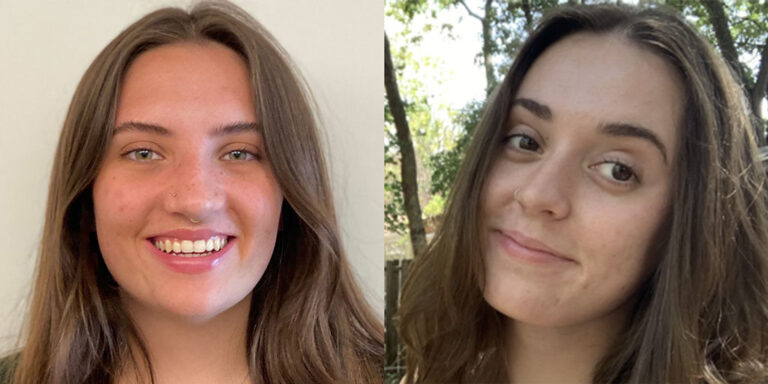NSF Geography and Spatial Sciences Outreach Sessions at the AAG Meeting in Boston, April 2017
Thursday, April 6, 2017, 10:00-11:40 a.m.
Interdisciplinary Opportunities at the National Science Foundation (NSF)
This panel will provide an opportunity to learn about various interdisciplinary funding opportunities that exist for geographers at the National Science Foundation. The panel will begin with an overview of NSF’s Ten Big Ideas for Future Investments and will then be followed by a brief overview of a number of interdisciplinary programs and competitions at the NSF for which geographers and other spatial scientists are well situated to compete in (for example, Coupled Natural and Human Systems, Smart and Connected Cities, opportunities in cyber related infrastructure, and the Belmont Forum on global environmental change). Ample time for Q&A will be provided.
Thursday, April 6, 2017, 1:20-3:00 p.m.
Proposal-Writing Strategies for the NSF Geography and Spatial Sciences Program
This is a session is intended for faculty members, professional geographers, and graduate students who engage in geographic research and who wish to learn how to prepare proposals for research grants. Program officers from the Geography and Spatial Sciences Program at the National Science Foundation will highlight ways to improve the quality and competitiveness of a proposal. They also will discuss the review process, including intellectual merit and broader impacts. After a brief general presentation, participants will break out into three groups based on their interest in regular proposals, Faculty Early-Career Development (CAREER) proposals or Doctoral Dissertation Improvement (DDRI) proposals. The breakout sessions will include more detailed information on each type of proposal and question-and-answer opportunities.
The breakout session on regular proposals will be of interest to faculty members of all ranks in geography and related fields and to professional geographers. The CAREER breakout session will be of interest to faculty members who are assistant professors in tenure-track positions. The CAREER award is an NSF-wide program that emphasizes the integration of research and education. The DDRI breakout session will be of interest to graduate students and their advisors who want to learn how to prepare more competitive proposals for a DDRI grant, which will provide up to $16,000 to help fund doctoral dissertation research costs.
Thursday, April 6, 2017, 3:00-5:00 p.m.
Speed-Dating with an NSF Program Officer
This session is designed to provide individuals or groups with informal opportunities to engage in discussions of up to 8 minutes in duration with a current or recent NSF program officer. The discussions provide participants with the opportunity to inquire about project ideas, proposal-writing strategies, funding opportunities, review processes, program fit, and other questions related to NSF programs and competitions. Participants are urged to bring a set of prepared questions and to speak with more than one program officer.
Representatives will be present from standing NSF programs such as the Geography and Spatial Sciences (GSS) Program and the Dynamics of Coupled Natural and Human Systems (CNH) Program, as well as others. Former program officers with experience in other NSF programs and competitions may be available to provide additional input based on their experience.
Friday, April 7, 2017, 10-11:40 a.m.
Developing Innovative Broader Impacts in for Proposals Submitted to the National Science Foundation
This panel will provide an opportunity to learn about developing innovative Broader Impacts for proposals to the National Science Foundation (NSF). The panel will begin with an explanation of what is meant by NSF’s Broader Impact Review Criteria and will be followed by panelists sharing their Broader Impact examples. Ample time for Q&A will be provided.
Friday, April 7, 2017, 1:20-3:00 p.m.
Proposal-Writing Strategies for the NSF Geography and Spatial Sciences Program
This is a session is intended for faculty members, professional geographers, and graduate students who engage in geographic research and who wish to learn how to prepare proposals for research grants. Program officers from the Geography and Spatial Sciences Program at the National Science Foundation will highlight ways to improve the quality and competitiveness of a proposal. They also will discuss the review process, including intellectual merit and broader impacts. After a brief general presentation, participants will break out into three groups based on their interest in regular proposals, Faculty Early-Career Development (CAREER) proposals or Doctoral Dissertation Improvement (DDRI) proposals. The breakout sessions will include more detailed information on each type of proposal and question-and-answer opportunities.
The breakout session on regular proposals will be of interest to faculty members of all ranks in geography and related fields and to professional geographers. The CAREER breakout session will be of interest to faculty members who are assistant professors in tenure-track positions. The CAREER award is an NSF-wide program that emphasizes the integration of research and education. The DDRI breakout session will be of interest to graduate students and their advisors who want to learn how to prepare more competitive proposals for a DDRI grant, which will provide up to $16,000 to help fund doctoral dissertation research costs.
Friday, April 7, 2017, 3:00-5:00 p.m.
Speed-Dating with an NSF Program Officer
This session is designed to provide individuals or groups with informal opportunities to engage in discussions of up to 8 minutes in duration with a current or recent NSF program officer. The discussions provide participants with the opportunity to inquire about project ideas, proposal-writing strategies, funding opportunities, review processes, program fit, and other questions related to NSF programs and competitions. Participants are urged to bring a set of prepared questions and to speak with more than one program officer.
Representatives will be present from standing NSF programs such as the Geography and Spatial Sciences (GSS) Program and the Dynamics of Coupled Natural and Human Systems (CNH) Program, as well as others. Former program officers with experience in other NSF programs and competitions may be available to provide additional input based on their experience.
Saturday, April 8, 2017, 8:00- 9:40 a.m.
Proposal-Writing Strategies for the NSF Geography and Spatial Sciences Program
This is a session is intended for faculty members, professional geographers, and graduate students who engage in geographic research and who wish to learn how to prepare proposals for research grants. Program officers from the Geography and Spatial Sciences Program at the National Science Foundation will highlight ways to improve the quality and competitiveness of a proposal. They also will discuss the review process, including intellectual merit and broader impacts. After a brief general presentation, participants will break out into three groups based on their interest in regular proposals, Faculty Early-Career Development (CAREER) proposals or Doctoral Dissertation Improvement (DDRI) proposals. The breakout sessions will include more detailed information on each type of proposal and question-and-answer opportunities.
The breakout session on regular proposals will be of interest to faculty members of all ranks in geography and related fields and to professional geographers. The CAREER breakout session will be of interest to faculty members who are assistant professors in tenure-track positions. The CAREER award is an NSF-wide program that emphasizes the integration of research and education. The DDRI breakout session will be of interest to graduate students and their advisors who want to learn how to prepare more competitive proposals for a DDRI grant, which will provide up to $16,000 to help fund doctoral dissertation research costs.
Saturday, April 8, 2017, 10:00-11:40 a.m.
Speed-Dating with an NSF Program Officer
This session is designed to provide individuals or groups with informal opportunities to engage in discussions of up to 8 minutes in duration with a current or recent NSF program officer. The discussions provide participants with the opportunity to inquire about project ideas, proposal-writing strategies, funding opportunities, review processes, program fit, and other questions related to NSF programs and competitions. Participants are urged to bring a set of prepared questions and to speak with more than one program officer.
Representatives will be present from standing NSF programs such as the Geography and Spatial Sciences (GSS) Program and the Dynamics of Coupled Natural and Human Systems (CNH) Program, as well as others. Former program officers with experience in other NSF programs and competitions may be available to provide additional input based on their experience.


